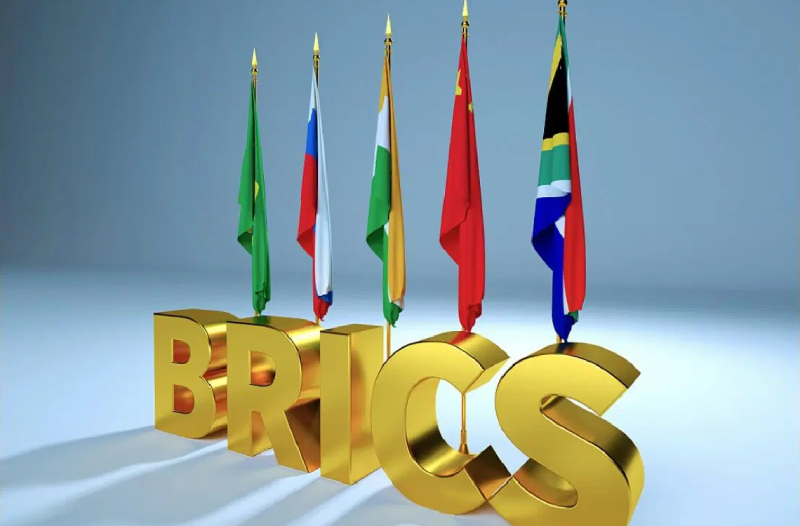A proposal suggests that BRICS countries explore the creation of a unified internet service to reduce reliance on US technology dominance. Dmitry Gusev, Deputy Chairman of the State Duma Control Committee, recommends developing an alternative internet service independent of US communications.
 The proposal aims to weaken US control over the global news narrative by establishing a BRICS-centric internet, countering the current US-dominated landscape encompassing social media, news outlets, and entertainment sources. Gusev's document, titled 'A single inclusive BRICS+ cyberspace,' advocates ending dependence on US internet services and initiating a new satellite service to sever ties with the West. The envisioned BRICS internet is positioned as a secure space to preserve traditional values and resist Westernization, according to the proposal.
The proposal aims to weaken US control over the global news narrative by establishing a BRICS-centric internet, countering the current US-dominated landscape encompassing social media, news outlets, and entertainment sources. Gusev's document, titled 'A single inclusive BRICS+ cyberspace,' advocates ending dependence on US internet services and initiating a new satellite service to sever ties with the West. The envisioned BRICS internet is positioned as a secure space to preserve traditional values and resist Westernization, according to the proposal.
Gusev proposes that the bloc should establish "an internet where traditional values and goodness prevail" as opposed to the prevailing Western narrative. The proposal suggests that the alliance can actualize this idea by leveraging "technical, organizational, and civilizational capabilities common to the entire association."
Recently, Chinese President Xi Jinping echoed similar sentiments regarding controlling US media, emphasizing the need to prioritize development and build a more inclusive and prosperous cyberspace, as mentioned at the World Internet Conference earlier this week. The BRICS alliance now comprises 11 countries: Brazil, Russia, India, China, South Africa, Saudi Arabia, UAE, Argentina, Egypt, Iran, and Ethiopia.
In essence, alongside challenging the dominance of the US dollar, BRICS also aims to diminish US influence on the internet. Explore further to understand the potential impact on various sectors in the US if such a shift becomes a reality.